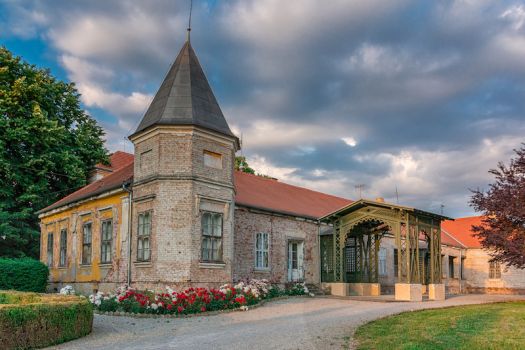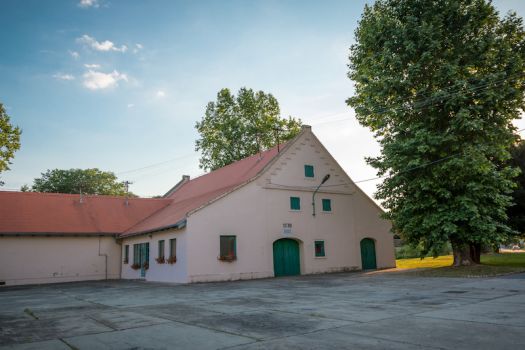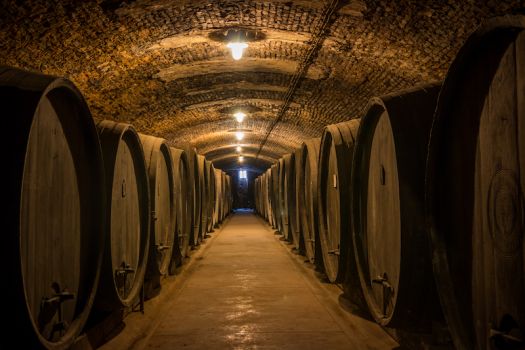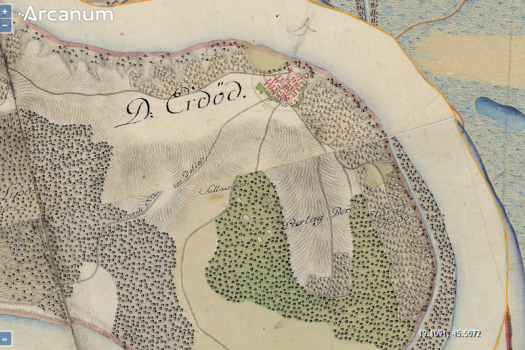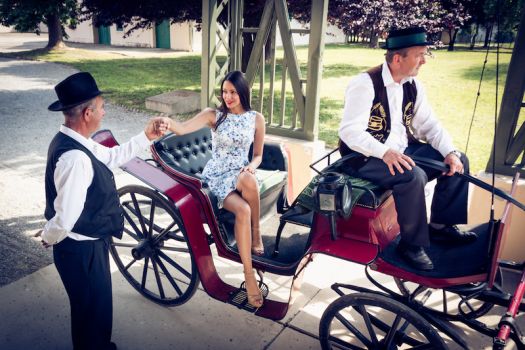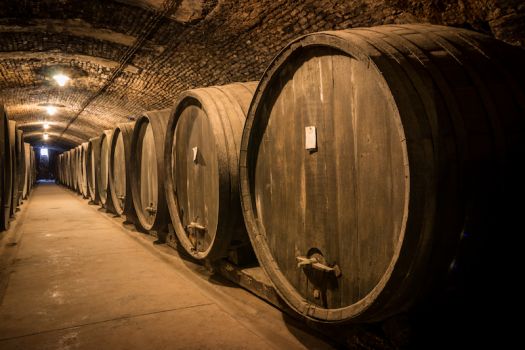History
The history of Erdutski vinogradi d.o.o. dates back to the beginning of the 18th century. In 1730 the then owner Baron Johann Baprista Maximilian Zuany constructed the Old cellar, which is the oldest cellar in the hills of Erdut. This year is thought to be the beginning of the wine-making tradition of Erdutski vinogradi d.o.o. In 1778 Ivan Kapistran I. Adamovich de Csepin bought the Erdut manor for 340 000 forints from the Hungarian palatine Ivan Palffy.
The Erdut estate and the winery was connected to the Adamovich and Cseh families for a century and a half.
The tradition of participating in international wine shows was initiated in 1855 when Ivan Kapistran II Adamovich Čepinski exhibited a crate with 12 bottles of Erdut wine at the Paris World Fair.
Fanny Adamovich Čepinska was the first member of the family to take up permanent residence in Erdut, and in the middle of the 19th century she built a smaller castle which was enlarged in the second hald of the 19th century. The Castle gained a representative function as it became the home of her husband Ervin Cseh, the renowned manager, Grand Prefect, government minister, imperial and royal councillor.
Ervin was a forward thinking manager educated at the Agricultural academy in Magyarovar. From 1886 to 1898 he was Grand Prefect of Srijemska County. He was Minister for Croatia and Slavonia in the Hungarian government from 1899 to 1905, as well as being a councillor to the Emperor and King Francis Joseph.
Several legends and stories in Erdut are told about Ervin.
He was a passionate wine maker and card player. In the Old cellar from 1730 Ervin built five large barrels encased in glass on the inside. All the barrels were functional except one in which he had built a card playing parlor. His servants would help him and his company be comfortable in the barrel while his wife Fanny did not know where he was for several days. After the death of his first wife, Ervin added a seven-walled tower to the Castle in which onla four card-players fit. His new significantly younger wife, the Hungarian Countess Juliška, was not averse to her husband's prolonged card playing.


